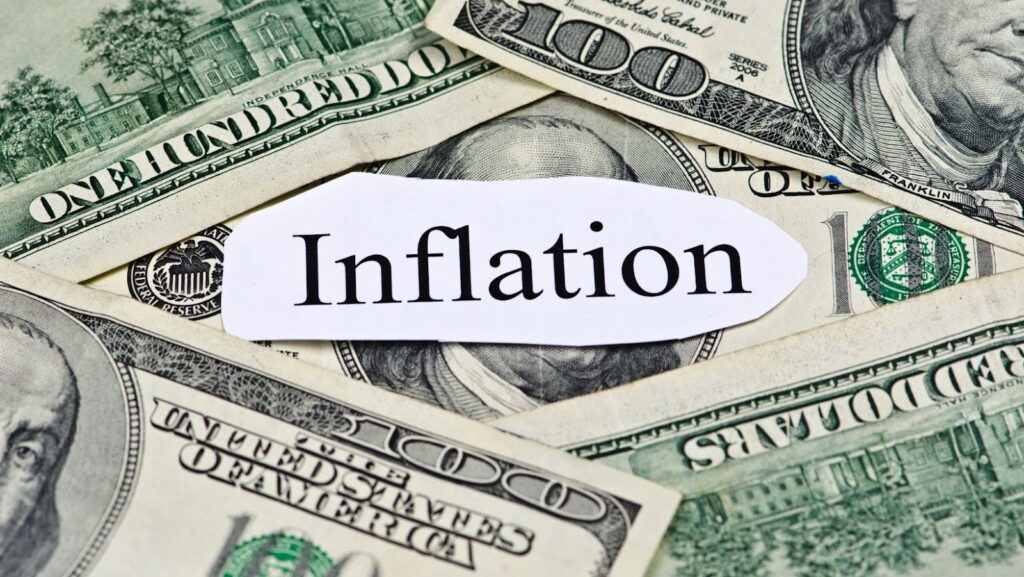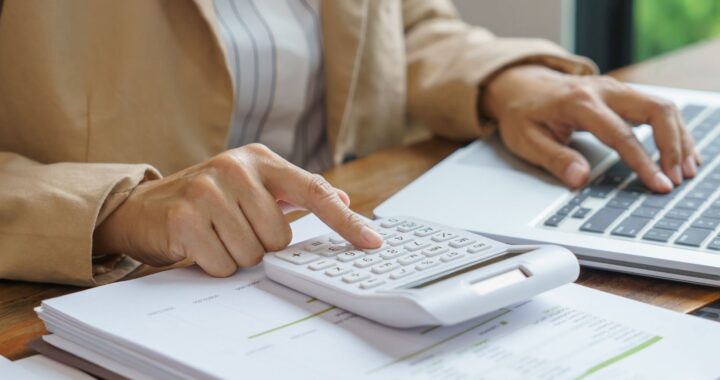
The Connection Between Creeping Inflation and Rising Cost of Living
Have you noticed prices slowly creeping up?
This is not in your imagination. It is what’s known as creeping inflation. Creeping inflation is when prices rise gradually over time. It affects everything we buy, from groceries to gas. As costs increase, this impacts our cost of living. We end up paying more for the same goods and services.
Do you want to understand how this happens and what you can do about it? Keep reading to learn more.
Higher Prices for Everyday Goods
When inflation occurs, the prices of everyday goods go up. This could be the milk you buy from the grocery store or the coffee you drink every morning. These small increases add up over time. The ‘inflation effects’ make it harder for people to manage their budgets.
As you spend more on these basics, you have less money for other things. What cost you $20 last year might cost you $25 today. This means people may need to alter their spending habits.
Increased Housing Costs
Creeping inflation also causes housing costs to rise. Rent prices go up, making it harder to find affordable places to live. If you are looking to buy a home, you might notice that house prices are higher than before. This means you need more money to afford the same type of house that was cheaper a few years ago.
With creeping inflation, property taxes can also increase. Maintenance and repair services have become more expensive, too. As a result, housing takes up a larger part of your budget. It is important to plan for these increases to manage your finances better.
Rising Healthcare Expenses
Rising healthcare expenses are another result of creeping inflation. This can lead to delays in getting treatment and poorer health outcomes. This makes health insurance more expensive for everyone. Higher premiums mean that some people may choose to go without insurance.

Additionally, the higher cost of healthcare services affects out-of-pocket expenses. Understanding the causes of inflation in healthcare can help you plan better. It allows you to budget for these rising costs and seek ways to save money where possible.
Education Costs
Education costs are also impacted by creeping inflation. Tuition fees, textbooks, and other educational supplies become more expensive. Stagflation and its effects can exacerbate the situation, making it tougher for students and their families.
Many people take on student loans, which means more debt over time. These costs can make it harder for individuals to pursue higher education and achieve financial stability.
Impact on Savings and Investments
Inflation reduces the value of your savings over time. The money you saved last year might not have the same buying power today. This makes it hard to save for future goals, like buying a car or going on vacation. Economic policies can influence inflation and impact your savings.

Keeping an eye on these policies can help you make better financial choices. Investments can also lose value due to inflation. Stocks, bonds, and other assets may not grow as inflation. This means your investment returns might not keep up with rising prices.
Explore More About Creeping Inflation
Creeping inflation affects everyone. It drives up prices for goods and services. Your everyday expenses increase every year. Housing, healthcare, and education costs rise too. Savings and investments lose value. It’s important to understand its effects. Knowledge helps you plan better. Stay informed about economic policies.
Did you find this article helpful? Check out the rest of our blog for more!





